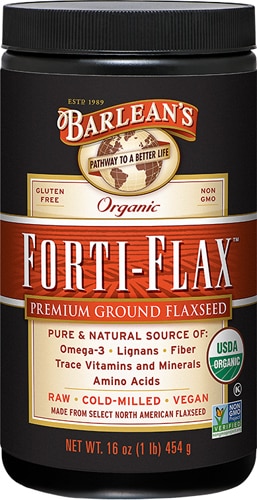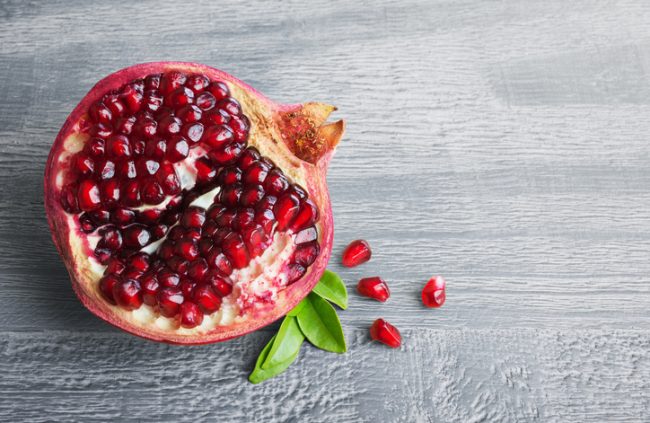Move over microbiome. What about sharing the limelight with the thyroid, that small butterfly-shaped gland at the base of your neck responsible for mood, metabolism, energy levels, body temperature, heart rate and blood pressure?
If you are exhausted but ashamed to admit it, it may be worth exploring the state of your thyroid, one of the most overworked systems in your body. First of all, if you suffer from fatigue, depression, digestive woes, weight gain, you are not alone (women are eight times more prone to thyroid issues than men).
Many women have an underactive thyroid—hypothyroidism—that makes them feel sluggish. One way to take back your health is to eat foods that can bolster your thyroid and let it do its job better.
Avoiding food triggers, specifically inflammatory foods, and choosing what Aviva Romm, author of The Adrenal Thyroid Revolution, calls the “replenish super foods,” can make a world of difference.
Here are six thyroid-friendly foods Romm says you need to start eating now.
1. Greens are supreme
Certain greens are controversial for those with thyroid issues. Oftentimes, you will be told to avoid the Brassicae family--cabbage, broccoli, kale and similar cruciferous vegetables. However, that advice is specific for people with Hashimoto’s or eating large quantities of brassica raw. If you eat them cooked or fermented, they don’t inhibit thyroid function—on the contrary, they enhance it.
Plus, eating greens in general has huge protective benefits for your health. Greens help your liver detox, supply gut flora with nutrition rich food, contain the fiber you need to get your bowels moving and can filter our environmental toxins.*
2. Berry good for you
The best medicinal food you could ask for, in a compact, delicious tasting package. Loaded with antioxidants, berries (opt for organic because of pesticide concerns) do your body good—and can satisfy a sweet tooth like no other fruit.
A strong body of research suggests that berries contain ellagic acid, a potent cancer fighter. Plus, they are bursting with healthful compounds including vitamins A, C, E and folic acid; selenium; calcium; and polyphenols, all especially helpful for reducing symptoms of hypothyroidism.*
3. Power to the pomegranate
One of the best fruits to boost your thyroid, pomegranates reduces oxidative stress and supports detoxification. One study showed that pomegranate juices had antioxidant activity three times higher than those in red wine and green tea.*
You can dilute 2 ounces of the unsweetened juice in water for a delicious drink that actually helps even out your blood sugar levels.*
4. Flourish with flaxseeds
Flaxseeds should be on everyone’s go-to superfoods list. A fiber rich seed with a laxative effect, flax seeds support your bowel health, support a healthy inflammatory response and can help you lose weight by making you feel full. Rich in plant omega-3s, these seeds are one of the best things you can eat for thyroid health. Grind up a tablespoon and put in your smoothie, or sprinkle them on salads or vegetables.
5. The big O
Coconut and olive oil are some of the best fats you can eat for thyroid health. They support lower cholesterols levels, regulated blood sugar levels, and can soothe autoimmune conditions. Olive oil is king when it comes to harboring anti-inflammatory compounds that augment the body’s ability to detox.*
A recent study showed a diet rich in olive oil not only protects the heart but also has been shown to improve cognitive function—brain fog is often a symptom of chronic thyroid issues. As little as two tablespoons of extra virgin olive oil daily can provide significant anti-inflammatory benefits.*
6. Cherry pick your chocolate
If you love chocolate, come on over to the dark side. Dark chocolate (opt for 72 percent dark or higher for maximum benefit) is a potent antioxidant as well as mood booster.
Its impressive list of perks include supporting healthy blood pressure and cholesterol levels, mitigating stress and fueling brain power. If you keep consumption in check, dark chocolate can be a woman’s—and her thyroid—best friend.*
*These statements have not been evaluated by the FDA. These products are not intended to diagnose, treat, cure or prevent any disease.




